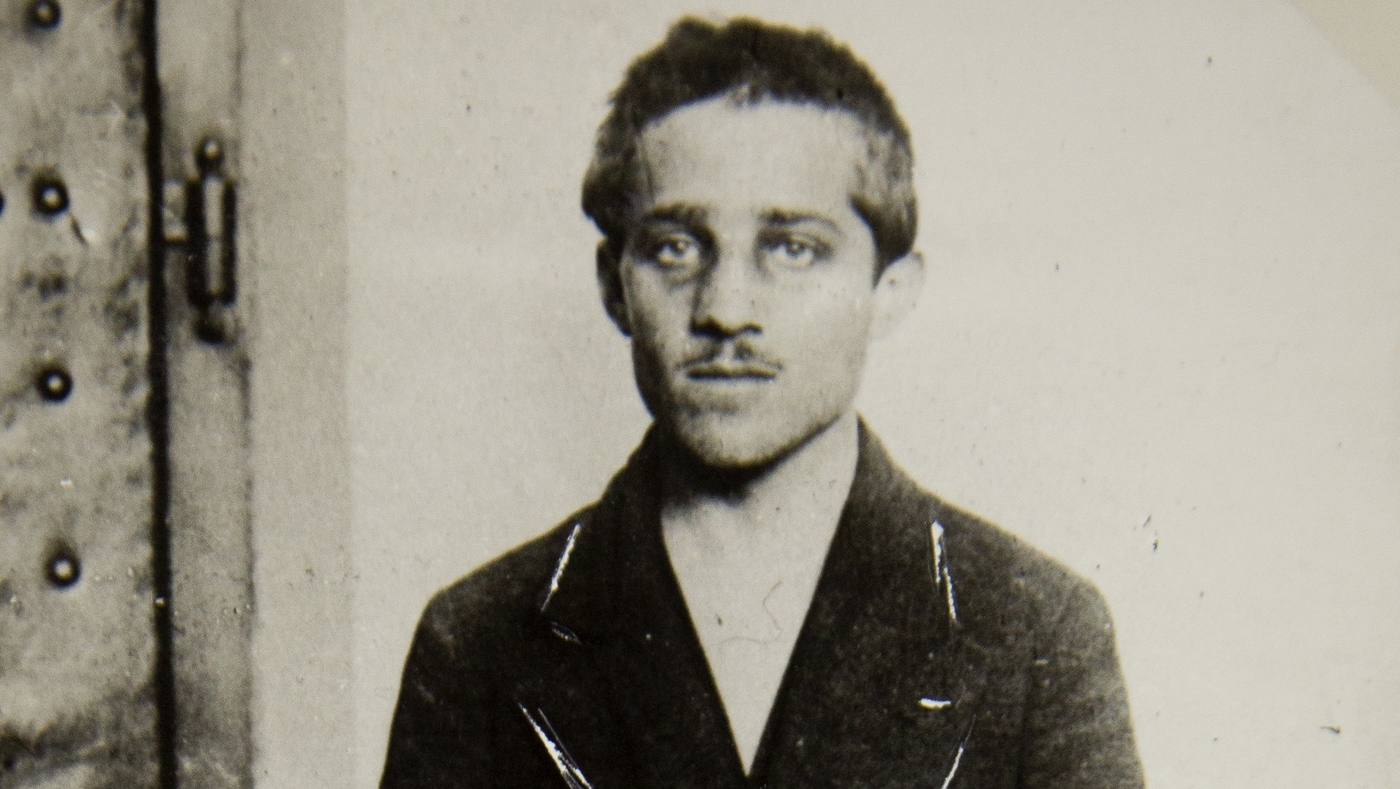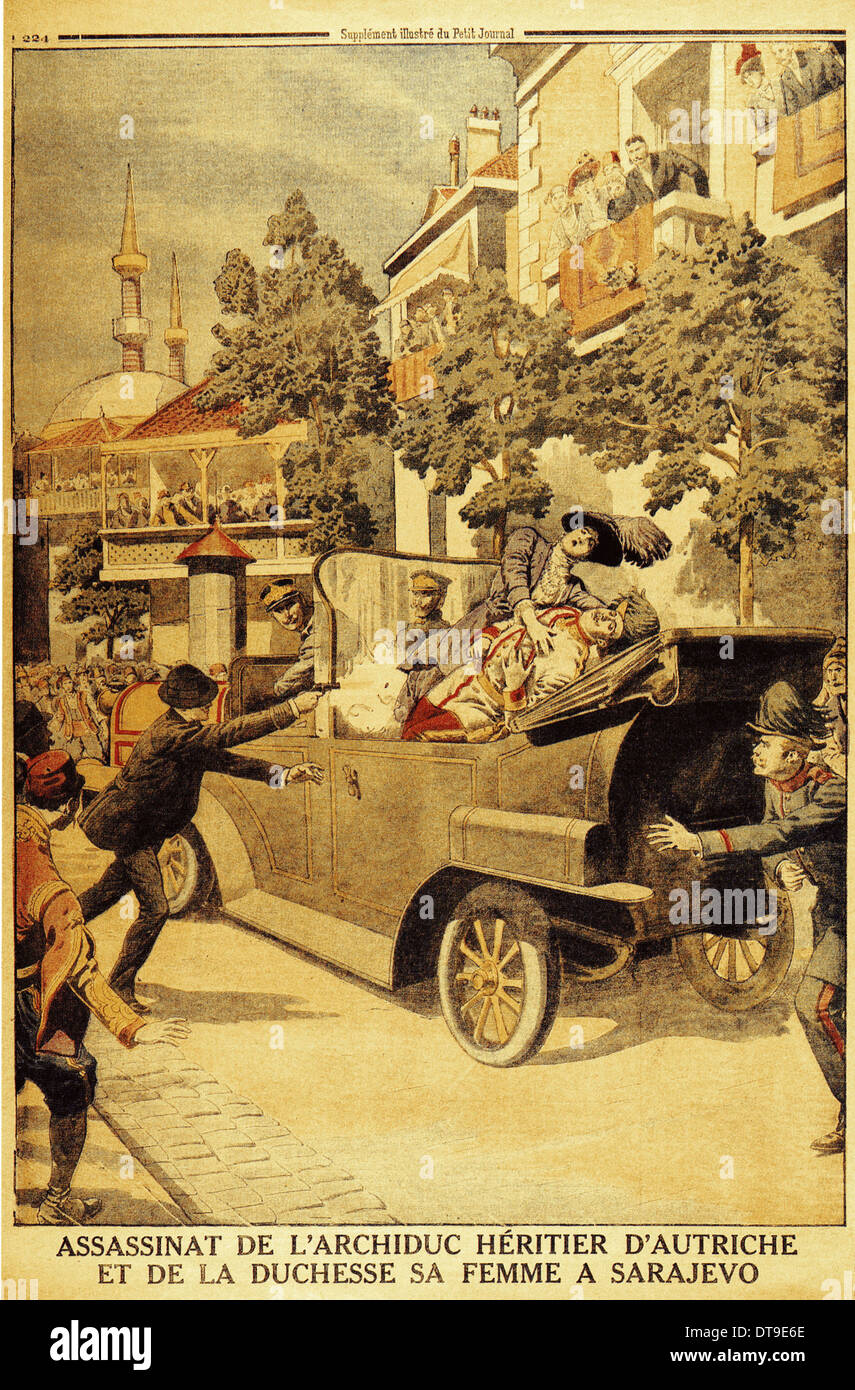

“To my mind, that profession is the noblest and highest in the world”. “I am an officer body and soul”, he proudly declared. By 1883 he had been promoted to lieutenant in the 4th Emperor Ferdinand Dragoon Cavalry Regiment. He was happy in the army, feeling much more at home. This slightly bemused Archduke came into his own in 1878 when Franz Joseph made him an honorary lieutenant in an infantry regiment in the Austrian army. And it did not help that his younger brother, Otto, was always so much more popular, clever, handsome and outgoing than Franz Ferdinand. This, compounded with the loss of his mother, helped to mould him into a retired, quiet, shy personality. And he spent much time in his studies alone, being tutored at home. Franz Ferdinand was diligent but not really engaged, and came away with a passing knowledge of many topics but no real depth of understanding of any. It was too much both in breadth and demand for the student himself, who was no academic. In fact, lots of lessons in lots of subjects. Lessons included arithmetic, grammar, sciences, geography, the languages of the Empire, fencing, swimming, history, literature, music and religion – lots of religion.

He appointed Count Ferdinand Dengenfeld as his governor – a former army officer, very reactionary and unimaginative. Karl Ludwig educated his son to be a good archduke to reflect his own image. She went on to have two daughters of her own, Maria Annunciata in 1876 and Elisabeth in 1878. She was over twenty years younger than her husband and only eight years older than Franz Ferdinand, but she did her utmost to be a good mother to Karl Ludwig’s children and they sincerely loved and admired her. Karl Ludwig sincerely mourned both wives but decided that his children needed a mother figure in their lives, and in 1873 married Maria Theresa of Braganza. His second wife, Maria Annunciata of the Two Sicilies, the mother of three sons and one daughter including Franz Ferdinand, died at the age of 28 in 1871 from consumption. It was not all comfort though – his first wife, Margaretha of Saxony, died after only two years of marriage in 1858. He had “none of the Habsburg arrogance” to quote Princess Catherine Radziwill. Karl Ludwig quietly supported the Emperor by living the life of a rich nobleman and creating no scandal. He was not ambitious to be involved in ruling or the military – unlike Maximilian who achieved a leading role in the navy, or their cousin Archduke Albrecht who carved a career in the military and became Inspector General of the Army. Thus Franz Ferdinand was the first son of a third son, low in the pecking order of who would succeed to the throne – pretty insignificant.Īrchduke Karl Ludwig was a loving, pious family man. In 1857 he married Princess Charlotte of Belgium.

And then there was Archduke Maximilian, the brother in between Franz Joseph and Karl Ludwig in age. At the time of Franz Ferdinand’s arrival, it was expected that Sissi would give birth to more children, that Rudolf would not be his father’s sole male heir and even if he were, he would go on to have sons himself. He married a beautiful Bavarian Princess, Elizabeth (known as Sissi), who, in 1858, gave birth to an heir, Archduke Rudolf. He was young, he was seen as a fresh, dynamic new start for Austria. Franz Joseph succeeded as Emperor during the revolutionary year of 1848, taking over from his enfeebled Uncle, Ferdinand I, and bypassing his lacklustre father, Franz Karl. His father was Archduke Karl Ludwig, a younger brother of the Emperor Franz Joseph. When Franz Ferdinand was born in 1863, he was just an average Archduke in terms of rank, and was not expected to amount to much more than a leading member of the Austrian army.


 0 kommentar(er)
0 kommentar(er)
